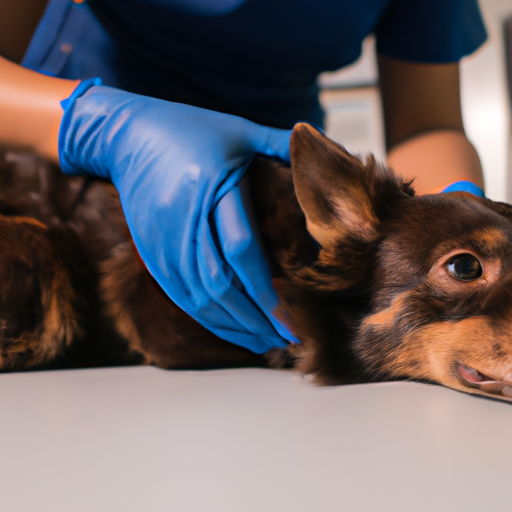Why This Matters
Your dog’s health is your primary concern as a caregiver. You want to understand every aspect of their physiology, including the less talked about parts. Anal glands are one of those aspects. In dogs, these glands produce a distinctive scent that canines use for identification. When these glands become filled or impacted, it can cause discomfort or even health issues for your dog. It’s up to you, as their caregiver, to take notice and address the issue.
Understanding the Anal Glands
Anal glands, or anal sacs, are small glands located on either side of your dog’s anus. They fill up with a liquid that your dog naturally expresses when they defecate. This liquid carries a unique scent that helps dogs recognize each other. However, sometimes these glands can become overfilled, leading to discomfort and potential health problems for your dog.
- Overfilled glands: If your dog’s stools are too soft or they’re not defecating regularly, the glands may not empty as they should. This can lead to the glands becoming overfilled or impacted.
- Infections: Overfilled glands can become infected, leading to further health complications. If you notice your dog scooting, licking their rear end excessively, or showing signs of discomfort, it may be a sign of an infection.
- Breeds at risk: A variety of breeds are more susceptible to anal gland issues, including small breed dogs and overweight dogs.
How to Address the Issue
If you suspect your dog’s anal glands are overfilled, there are a few steps you can take:
- Visit your vet: Your vet can confirm whether the glands are overfilled and can express them if necessary.
- Dietary changes: Increasing the fiber in your dog’s diet can help firm up their stool, helping to naturally express the glands.
- Regular check-ups: Regular visits to the vet can help you stay ahead of potential issues with your dog’s anal glands.
Dietary Considerations for Anal Gland Health
| Food | Benefit |
|---|---|
| Pumpkin | High in fiber, helping to firm up stools |
| Whole grains | Also high in fiber |
| Wet food | Can help keep your dog hydrated, which aids in digestion |
Preventative Measures
Prevention is always better than cure. Here are some preventative measures you can take:
- Regularly take your dog for checkups.
- Monitor their diet and ensure they’re getting enough fiber.
- Keep an eye out for signs of discomfort, such as scooting or excessive licking.
Frequently Asked Questions
Q: Does every dog have anal gland issues?
A: No, not every dog will have anal gland issues. Some breeds are more prone than others.
Q: How often should the glands be expressed?
A: This will depend on the dog, but generally, regular vet visits should be able to keep the issue in check.
Q: Can I express the glands myself?
A: While it’s possible to express the glands at home, it’s recommended to have a professional do it to avoid causing harm or discomfort to your dog.
Understanding the health and well-being of your furry friend involves understanding all aspects of their physiology. As a caregiver, you play a crucial role in their health and happiness.



